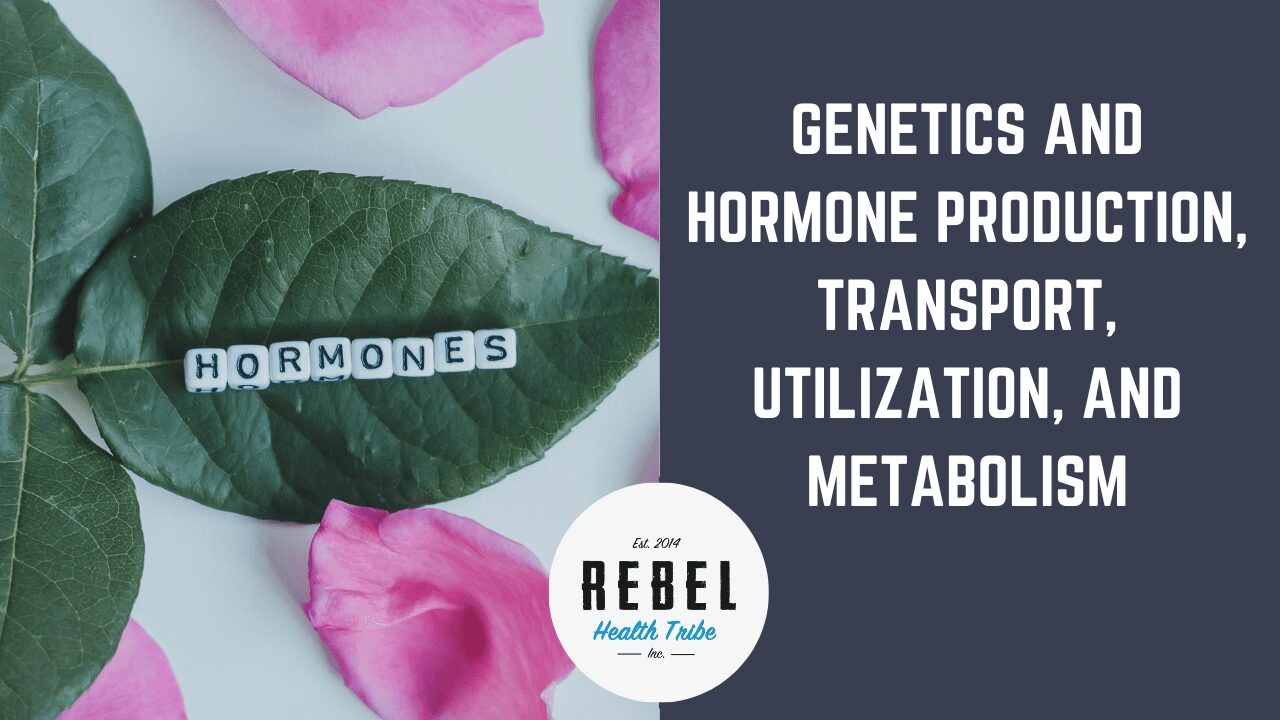
Genetics and Hormone Production, Transport, Utilization, and Metabolism
Our genetics play a larger role in our hormones than most people
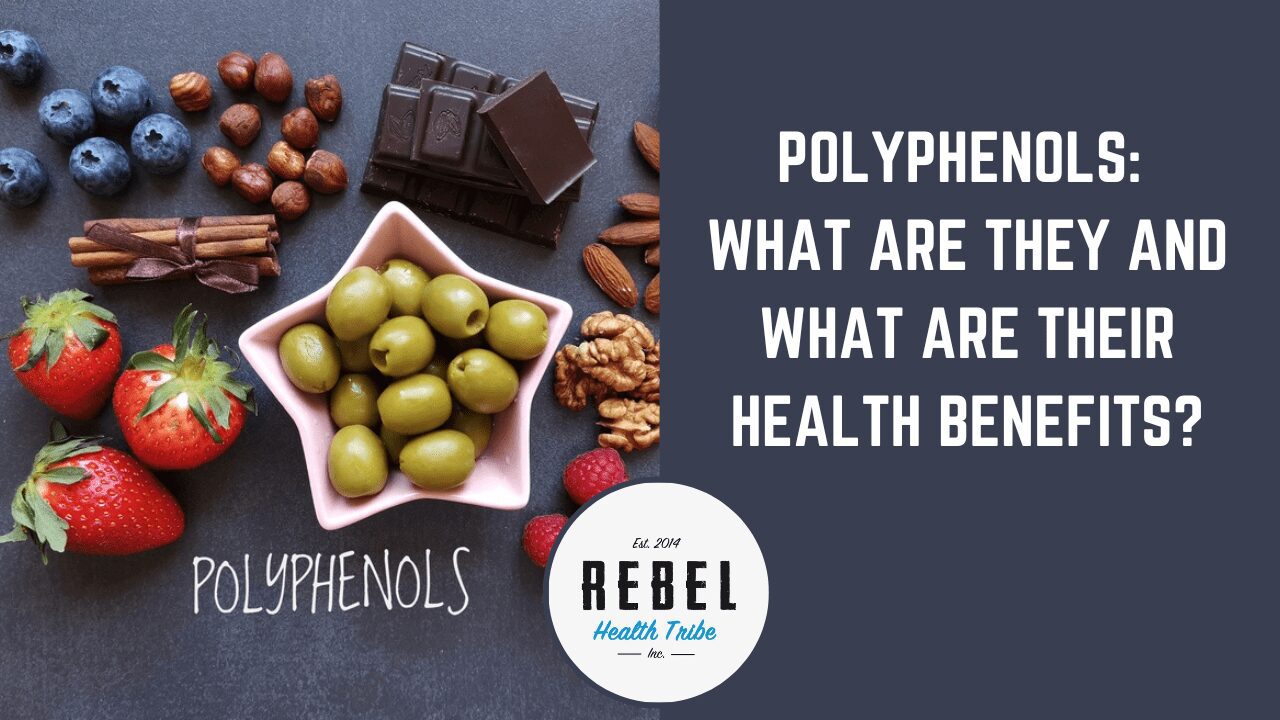

Our genetics play a larger role in our hormones than most people
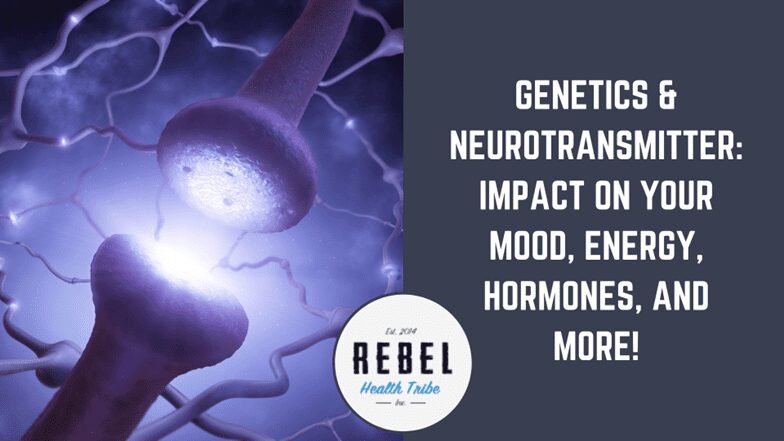
Have you wondered why an antidepressant didn’t work for you? Have you
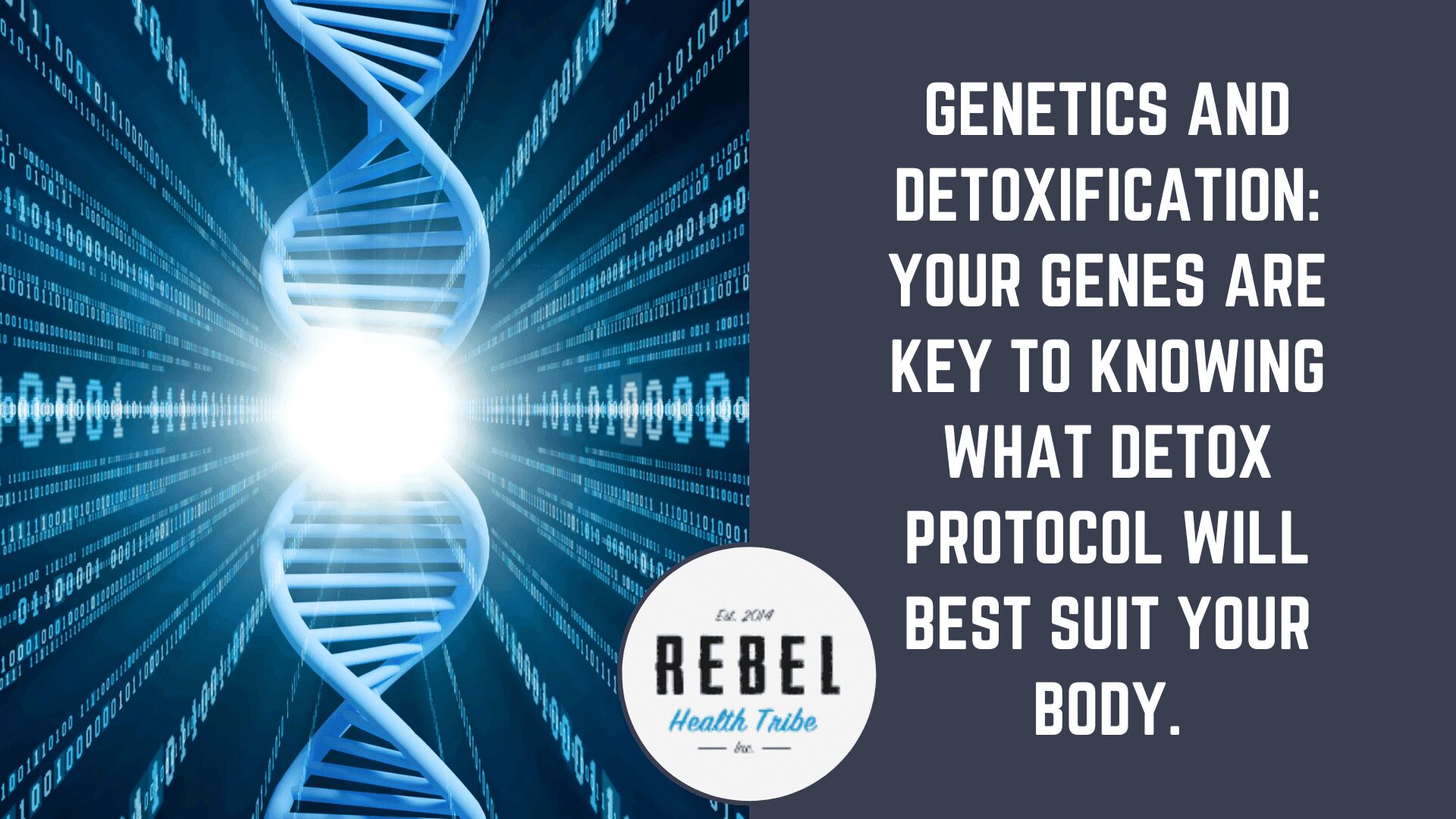
https://vimeo.com/821487331 If you’ve ever bought a detox kit off a shelf
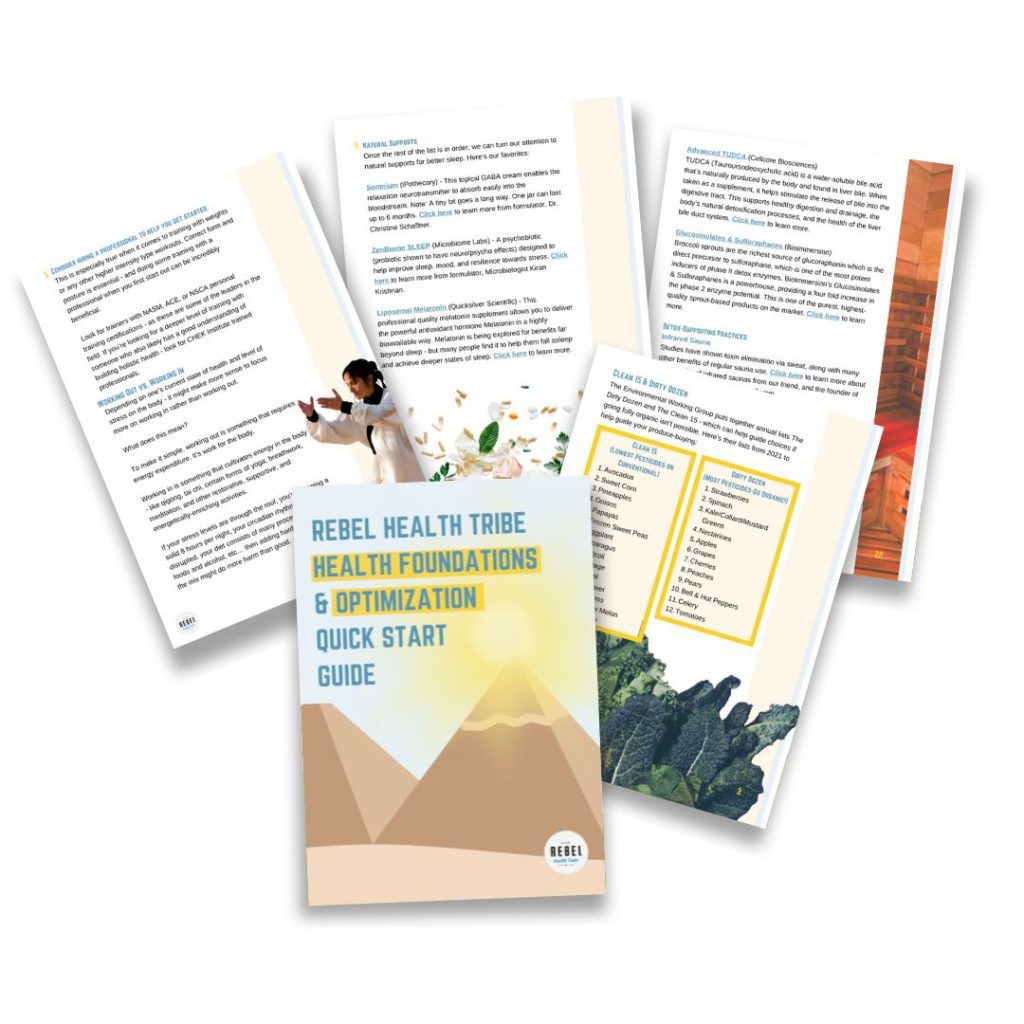
Optimization Guide
It’s certainly not breaking news that fruits and veggies are good for you. But what exactly makes these plant-based foods so great for your health after all? The answer to that lies, at least in part, in a class of tiny compounds known as polyphenols.
In this blog post, we’re going to explore exactly what polyphenols are, what happens when you ingest them, the remarkable health benefits linked with upping your intake of these plant-based compounds, and the best way to get more of these nourishing nutrients in your life. Let’s dive in.
The term polyphenols doesn’t refer to a singular compound, but rather a class of compounds that encompasses over 8,000 distinct health-boosting substances found in a variety of plant-based foods. Plants naturally produce polyphenols as secondary metabolites as a form of defense – shielding the plants against harmful ultraviolet radiation from the sun as well as invading pathogens.
In general, polyphenols can be further broken down into 4 distinct groups which are:1
These thousands of different polyphenols may be microscopic plant compounds, but their impact on your health is anything but tiny.
When you consume polyphenols, these mighty molecules are absorbed and modified via a number of different pathways – like your intestinal enzymes, your gut microbes, and within your liver. From there, they are circulated throughout your body where they can then penetrate and accumulate within your tissues. Once these modified polyphenols reach your tissues, they begin working their magic in a process that goes something like this:2,3,4,5
This remarkable ability is what allows polyphenols to exert their impressive health-boosting properties.
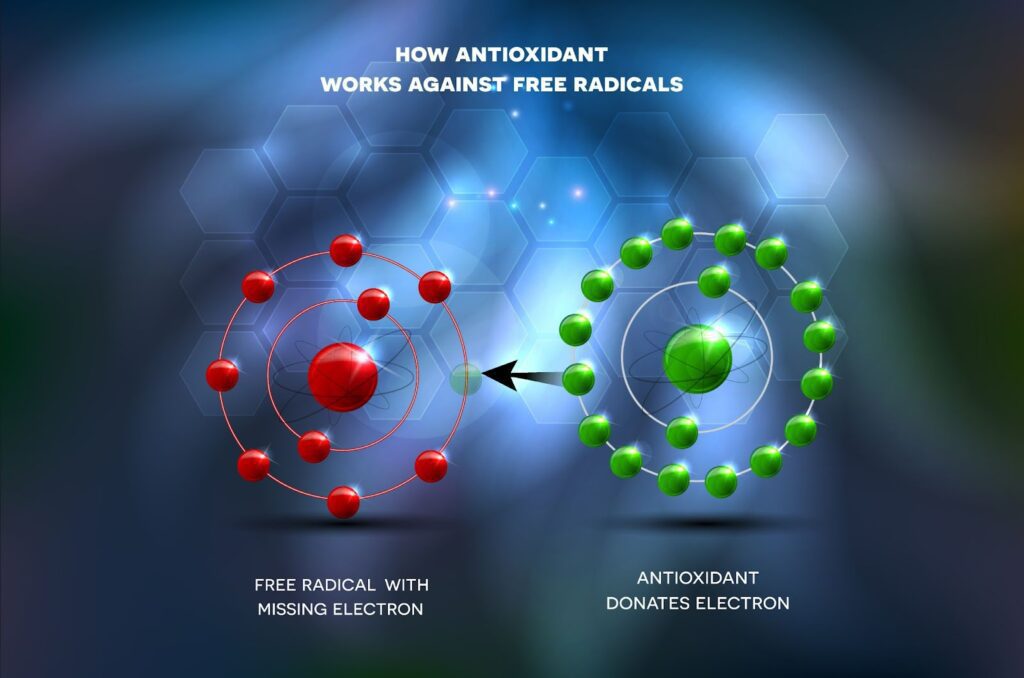
Just a handful of the health benefits that have been linked to increasing your polyphenol intake include:6,7,8,9
Clearly, polyphenols can have a dramatically positive impact on just about every facet of your health. So how can you get more of these miraculous compounds in your life?
When it comes to upping your polyphenol levels, variety is the name of the game. Consuming a variety of plant-based, whole foods on a daily basis is one of the best ways to increase your polyphenol intake. Here are some of the most polyphenol-rich foods to try incorporating into your diet:10
While it’s ideal to get all of your polyphenols from whole food sources, the truth is, sometimes it can be challenging to get all the nutrients you need from your diet alone. So an easy solution is a high-quality polyphenol-containing supplement.
Polyphenol supplements can absolutely be an easy way to optimize your intake of these crucial compounds. But it’s vital to ensure you’re taking the right kind. You see, studies have found that isolating polyphenols from food sources can be counterproductive – sometimes negating the beneficial effects of polyphenols or even making them harmful. So it’s crucial to ensure that any polyphenol supplement you take is whole food-based and sourced from organic plants.
When it comes to polyphenol supplements, you simply can’t beat the quality and potency found in BioImmersions High ORAC Synbiotic and No 7 Systemic Booster. Let’s break down what exactly makes them superior to any other polyphenol-rich supplement available on the market:
All of BioImmersions supplements are plant-based, organic, kosher, and free of gluten, dairy, and fillers. To learn more about BioImmersions remarkable polyphenol-boosting supplements and why we highly recommend their products, you’ve got to check out our webinar replay with Dr. Dohrea Bardell, Ph.D., Co-Founder, and Formulator over at BioImmersion (skip to 27:46 for more information on High ORAC Synbiotic and to 40:25 to get the details on No. 7 Systemic Booster).
Polyphenols are undeniably potent and play a pivotal role in preserving and promoting our health. And while we can certainly leverage these mighty molecules to enhance and optimize our health, at the end of the day, they are simply a tool in our tool belt. Whether you’re looking to manage or heal a chronic condition, bounce back after an illness or injury, or simply take your health to the next level, there’s no singular diet or supplement that’s going to be the missing link.
The path to true healing and vibrant health and well-being requires a big-picture approach. And if you’re looking for more ways you can support abundant health and well-being from the inside out, we’ve got you covered. We’ve got loads of helpful science-backed, easy-to-understand resources for you on our blog, on our podcast, and in our Professional Masterclasses to equip you with the knowledge you need to feel, look, and perform your very best.
And our online shop is full of top-of-the-line supplements that we love and trust – we only recommend the highest quality products with ample evidence to back up any claims they make. So, if you’re ready to experience the power of polyphenols and a well-rounded supplement regimen, be sure to snag 10% off your first order by clicking right here.
Resources:
Optimization Guide
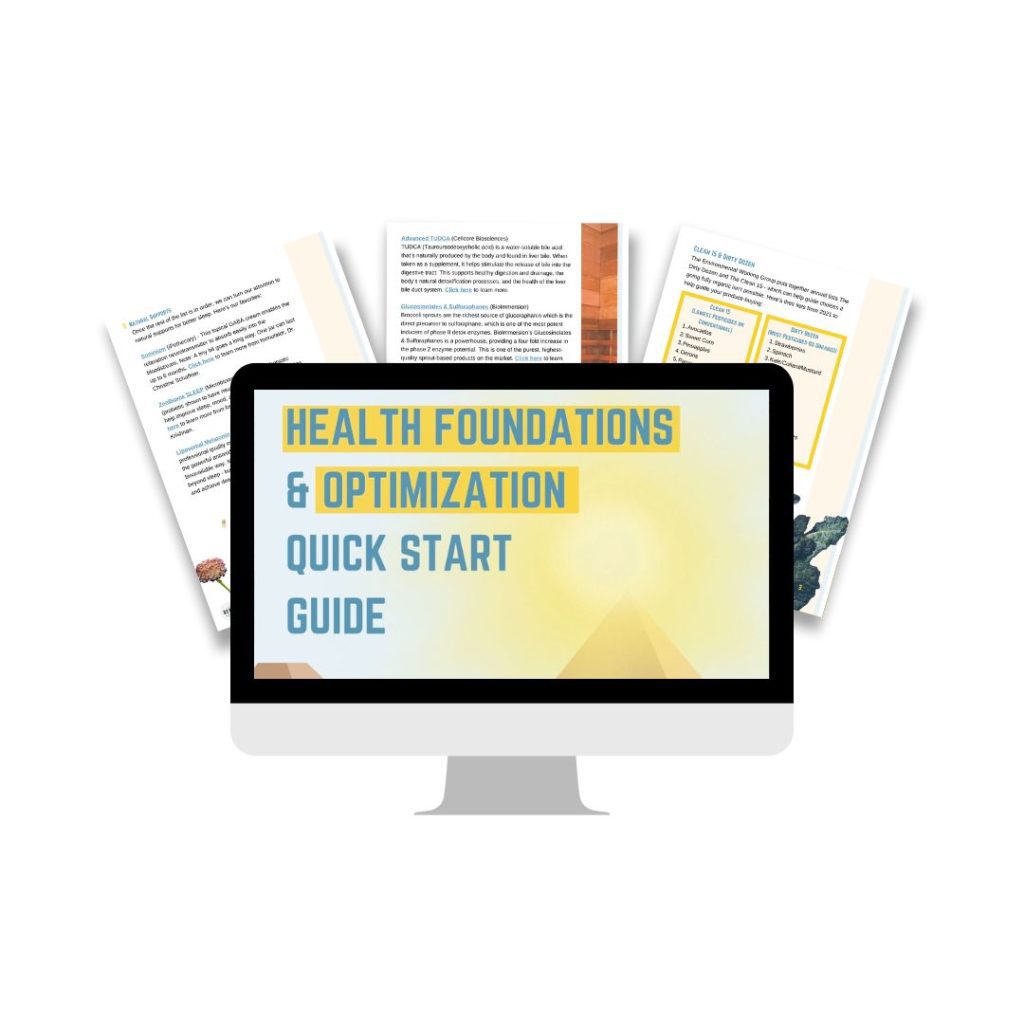
An Exclusive Course with 10 Years of Microbiome Knowledge Build Your Resilient Gut: Microbiome & Beyond
If you’ve ever wanted all of Kiran’s best content in one place, here they are!
The toxicity and Detoxification Masterclass covers a wide array of topics with the following guests:
19 Leading Experts Share Cutting-Edge Science, Effective Practices, and Clinical Strategies to Optimize Brain & Nervous System Health in Kids and Adults
Autoimmune Masterclass brings together 17 of the world’s leading doctors, researchers, and experts on autoimmune diseases who each present their own mini-class on autoimmunity.
Be the first to get access to special offers, new podcasts, courses, products and events from Rebel Health Tribe.
MegaSporeBiotic is a probiotic blend of 5 Bacillus spores that have been shown to maintain healthy gut barrier and immune function.